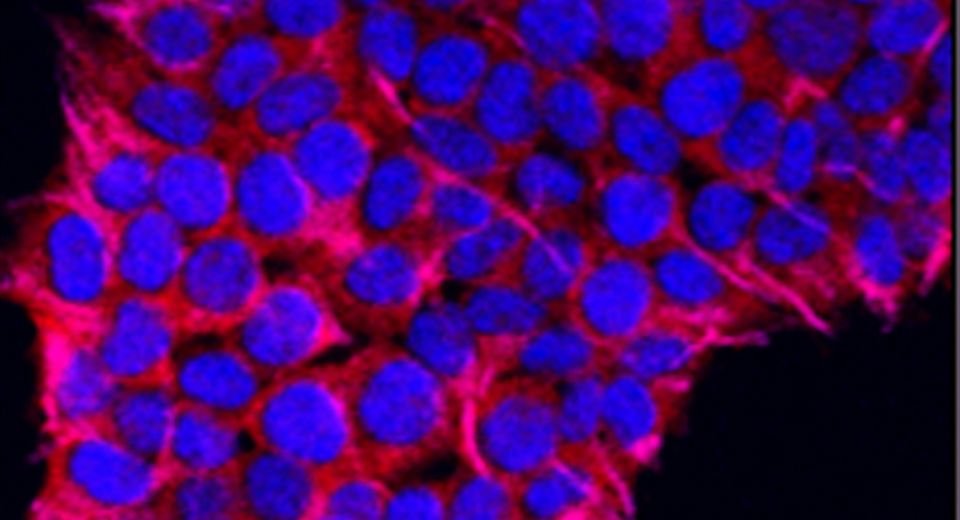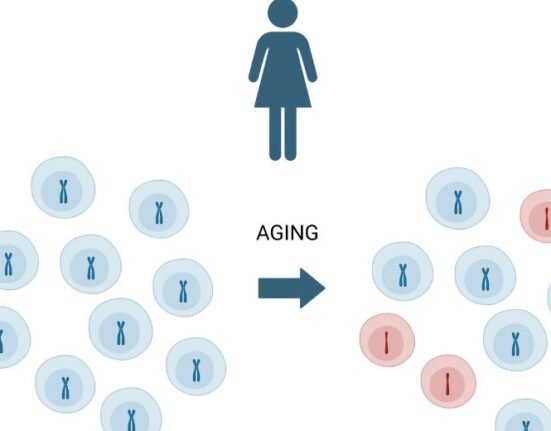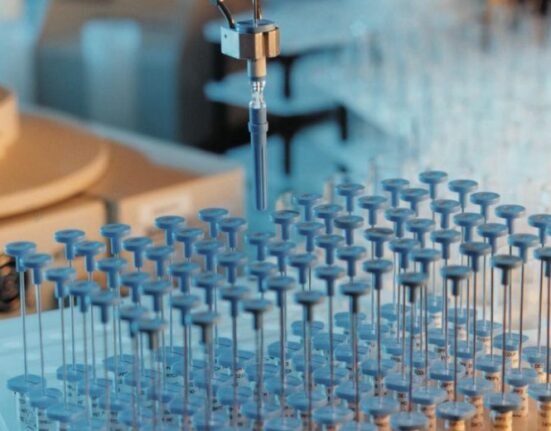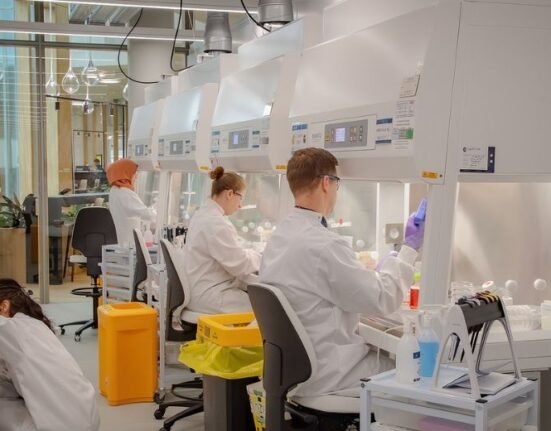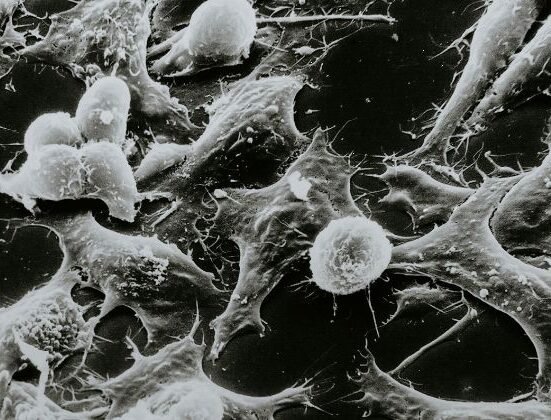HQ Team
June 21, 2023: Patients with cancer are markedly insulin-resistant, similar to people with type 2 diabetes, and it can lead to cancer spreading faster, according to a study by researchers at the University of Copenhagen.
Cancer patients had sweet-smelling urine and this was due to elevated blood sugar levels.
“This was one of the first things we learned about cancer patients,” says Associate Professor Lykke Sylow.
The sweet-smelling urine suggested that cancer affects the body’s blood sugar level. Nobody, knew how?
Insulin resistance is a critical cause of metabolic dysfunctions. Metabolic dysfunction is common in patients with cancer and is associated with higher cancer recurrence rates and reduced overall survival.
Impaired insulin response
Yet, insulin resistance is rarely considered in the clinic and thus it is uncertain how frequently this condition occurs in patients with cancer.
Ms Sylow and her colleagues at the Department of Biomedical Sciences at the University focused on finding a way out.
“In cancer patients, the cells do not respond well to the hormone insulin,” Ms Sylow, one of the main authors of the study said.
“It, therefore, takes more insulin to create the same effect on cancer patients. If you suffer from insulin resistance, your body has to produce more insulin than usual to be able to regulate the blood sugar.”
And the body’s ability to respond to insulin is impaired in both cancer patients and people with type 2 diabetes.
Hard-to-spot symptoms
Symptoms of type 2 diabetes, such as fatigue and increased thirst and urination develop gradually and can therefore be hard to spot. And in cancer patients, insulin resistance can be even harder to identify as they have already experienced some of these symptoms such as fatigue.
Apart from the negative consequences of insulin resistance, the condition could also cause cancer cells to multiply.
“We know from cell studies, animal studies, and some human studies that insulin is a growth hormone and that it has the same effect on cancer cells. That is, a high level of insulin can make cancer cells grow faster,” Joan Màrmol, the second author of the study said. “Of course, this can be a huge problem for cancer patients.”
Insulin resistance can influence the build-up of proteins in the muscles. That is, if the body fails to respond to insulin, it will lose muscle mass and strength, and that is a huge problem for a lot of cancer patients.
Cancer and insulin resistance are a bad combination.
Associated with type 2 diabetes
The meta-analytic study enrolled 187 patients suffering from different types of cancer and had 154 control subjects.
Ms Sylow hopes oncologists will begin to check patients’ blood sugar level – even when it appears to be normal because insulin resistance can be hard to spot as the body will simply compensate by producing more insulin.
“And if they do find that the patient suffers from insulin resistance, they need to start treating it. We are able to treat insulin resistance because we have in-depth knowledge of the condition – we are just used to associating it with type 2 diabetes.”
The next step is trying to determine who develops insulin resistance. Which cancer patients are at risk here? Do they have a particular type of cancer or specific risk factors? Or is it perhaps connected with the treatment? Lykke Sylow said.
“And once we have identified those at high risk of developing the condition, I hope to see more long-term studies of insulin resistance treatment and whether it has a positive effect on the patients.”


